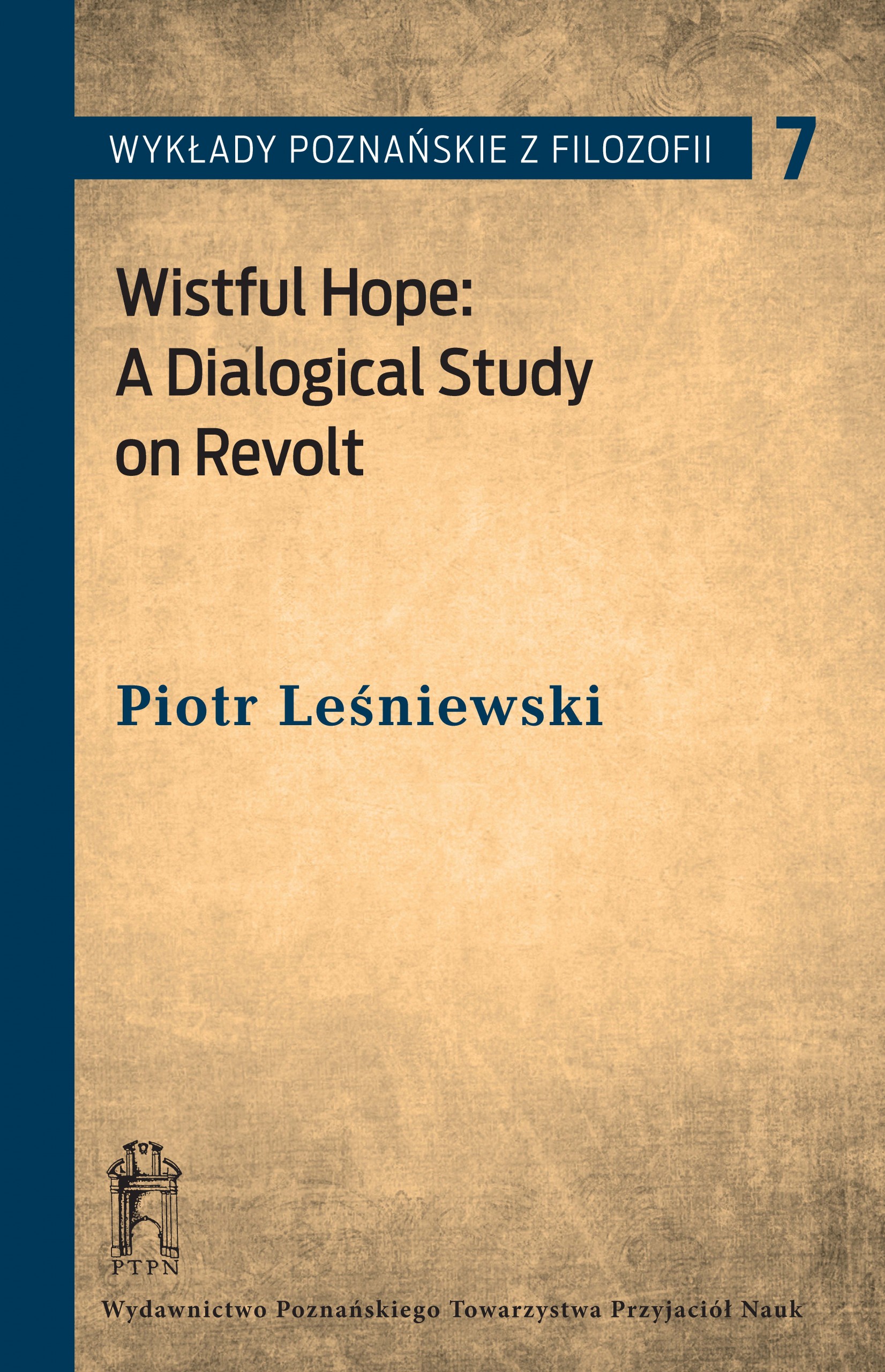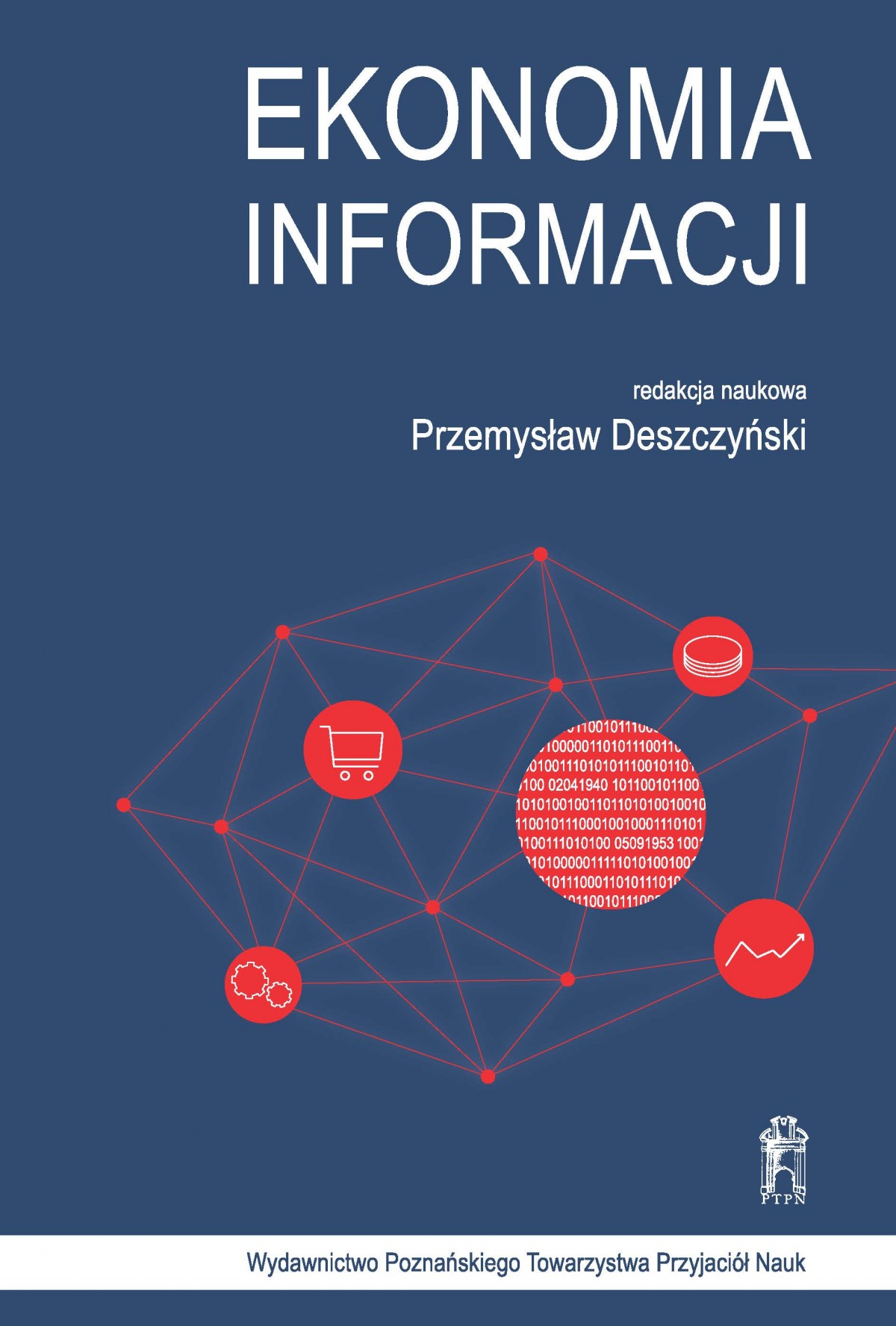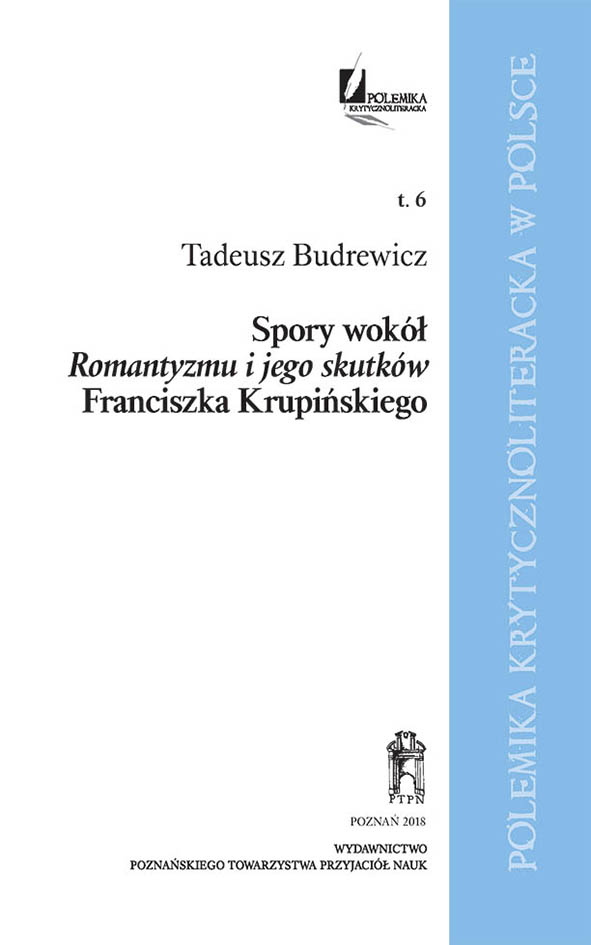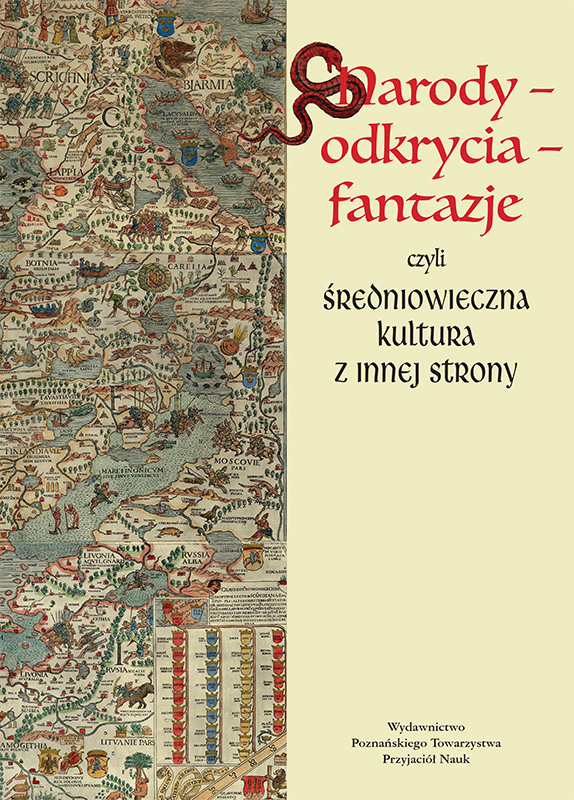Opis
The first chapter presents the philosophy of dialogue as a certain revolution, and thus a new discourse rejecting the idealistic tradition “from the Ionian Islands to Jena”, according to Lev Shestov’s rule: the higher the absolute is valued, the more everyday values are neglected. Selected “glimmers of hope” are indicated: in Greece, among Kant’s questions, in Nietzsche’s stories about Pandora’s box. Two approaches to the human face are proposed as two final situations. A number of criticisms are also made regarding the application of the concept of responsibility, as suggested by Giorgio Agamben. The second chapter contains memories of selected revolts and revolutions. The fundamental differences between the invigorating revolt and the stagnant revolution are discussed, as well as the “Freedom and Bread” Uprising in June 1956 in Poznań, Albert Camus’ speech at a rally of solidarity with the workers of Poznań, the August strikes and the rise of the mass “Solidarity” movement, memories of 496 days of revolt and hope until 13 December 1981, with the Soviet Army units stationed in Poland at that time and the exercises of the United Armed Forces of the Warsaw Pact “Союз-81” and “Запад-81”. It is assumed, following Leszek Nowak, that the introduction of martial law was the optimal solution from the point of view of the “Solidarity” strategy: the union avoided being drawn into the power structures exercised by the triple-lords. This chapter contains a few selected Polish memories already after 1981. The last chapter discusses the results of the transformations of the late 1980s and early 1990s and other issues: the requirement of spiritual transformation formulated by Rosa Luxemburg, contained in her critique of Bolshevik terror, ideological mixture as a weakness of a mass movement, and Tischner’s project of working on hope.






